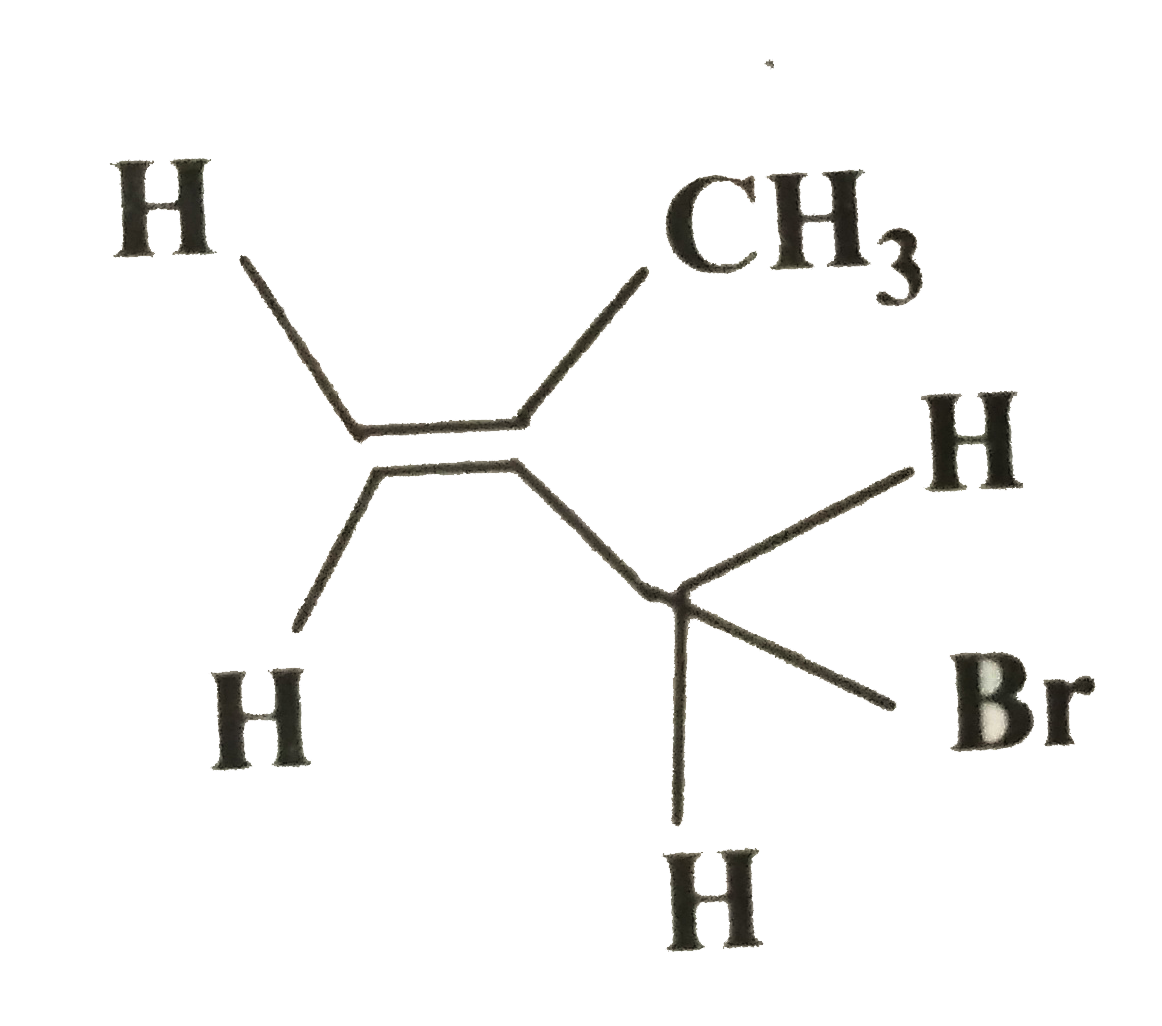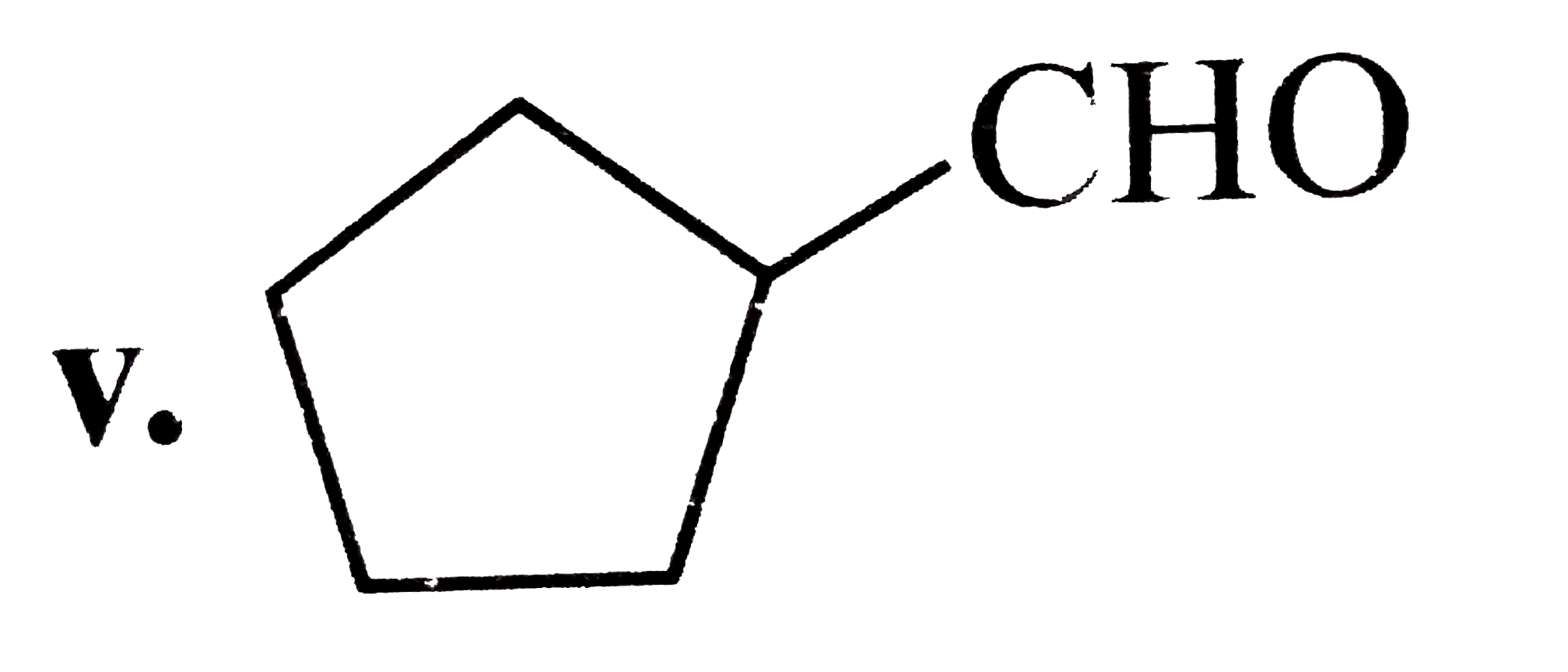Write the IUPAC names of the following ketones and aldehydes. Wherever possible, give also common names.
PhCOPh
IUPAC name : Diphenylmethanone
Common name : Benzophenone
Topper's Solved these Questions
- ALDEHYDES, KETONES AND CARBOXYLIC ACIDSBOOK - ICSECHAPTER - ALDEHYDES, KETONES AND CARBOXYLIC ACIDSEXERCISE - ISC EXAMINATION QUESTIONS (PART-II DESCRIPTIVE QUESTIONS) (CARBOXYLIC ACIDS)
99 Videos
- ALCOHOLS, PHENOLS AND ETHERS BOOK - ICSECHAPTER - ALCOHOLS, PHENOLS AND ETHERS EXERCISE - ISC EXAMINATION QUESTIONS
25 Videos
- APPENDIX II ( TYPICAL CONVERSIONS)BOOK - ICSECHAPTER - APPENDIX II ( TYPICAL CONVERSIONS)EXERCISE - AROMATIC CONVERSIONS
98 Videos
Similar Questions
Write the IUPAC name of the following :

View SolutionWrite the IUPAC names of following ketones and aldehydes. Wherever possible, give common nemes also.
i. CH3CO(CH2)4CH3
ii. CH3CH2CHBrCH2CH(CH3)CHO
iii. CH3(CH2)5CHO
iv. Ph−CH=CH−CHO
v.
vi. PhCOPh
View SolutionWrite the IUPAC names of the following ketones and aldehydes. Wherever possible, give also common names.
Ph−CH=CH−CHO
View SolutionWrite the IUPAC names of the following ketones and aldehydes. Wherever possible, give also common names.
Ph−CH=CH−CHO
View SolutionWrite the IUPAC names of the following ketones and aldehydes. Wherever possible, give also common names.
CH3CO(CH2)4CH3
View SolutionWrite the IUPAC names of the following ketones and aldehydes. Wherever possible, give also common names.
CH3CO(CH2)4CH3
View SolutionWrite the IUPAC names of the following ketones and aldehydes. Wherever possible, give also common names.
CH3CO(CH2)4CH3
View SolutionWrite the IUPAC names of following ketones and aldehydes. Wherever possible, give common nemes also.
i. CH3CO(CH2)4CH3
ii. CH3CH2CHBrCH2CH(CH3)CHO
iii. CH3(CH2)5CHO
iv. Ph−CH=CH−CHO
v.
vi. PhCOPh
View SolutionWrite the IUPAC names of the following ketones and aldehydes. Wherever possible, give also common names.
CH3(CH2)5CHO
View SolutionWrite the IUPAC names of following ketones and aldehydes. Wherever possible, give common nemes also.
i. CH3CO(CH2)4CH3
ii. CH3CH2CHBrCH2CH(CH3)CHO
iii. CH3(CH2)5CHO
iv. Ph−CH=CH−CHO
v.
vi. PhCOPh
View Solution
